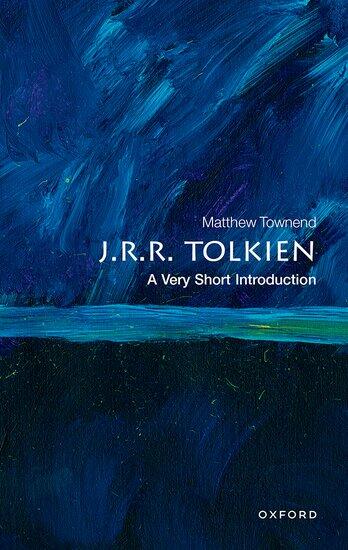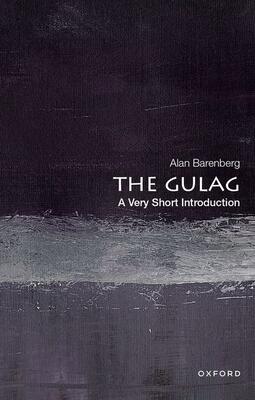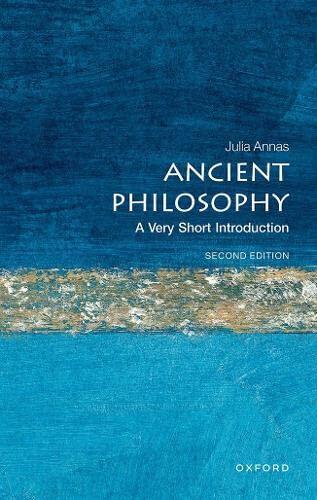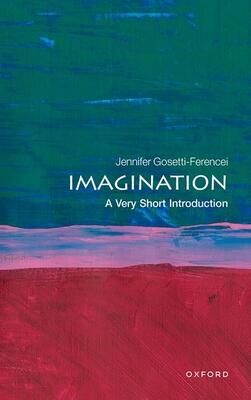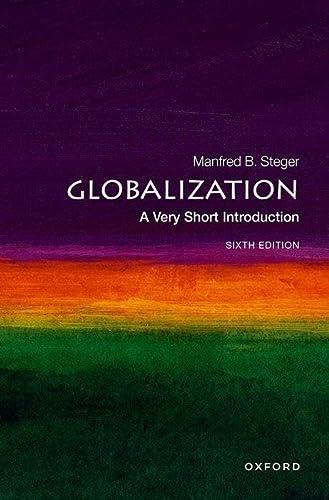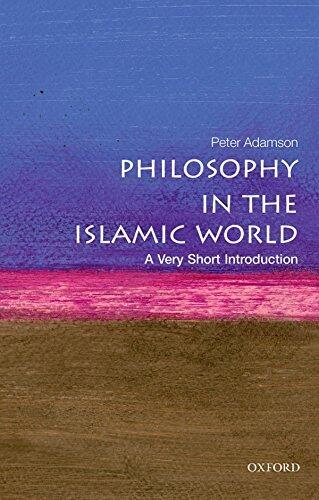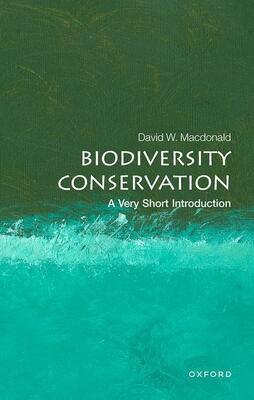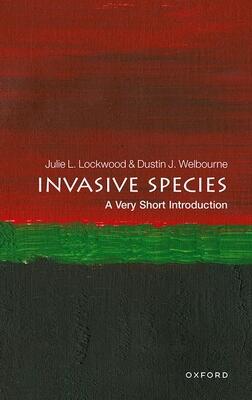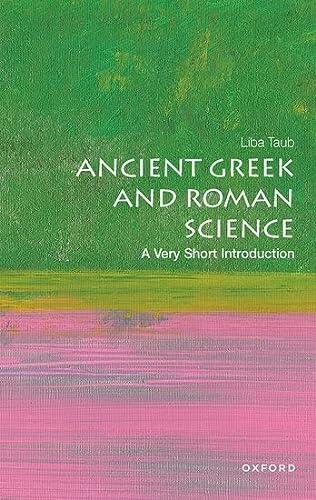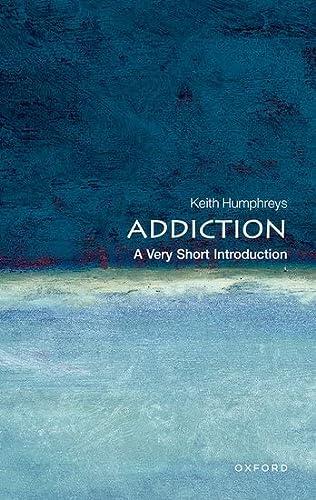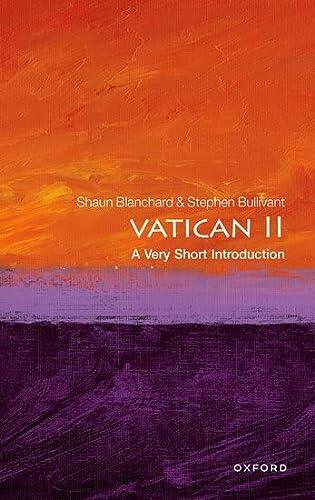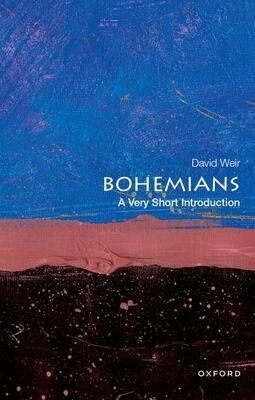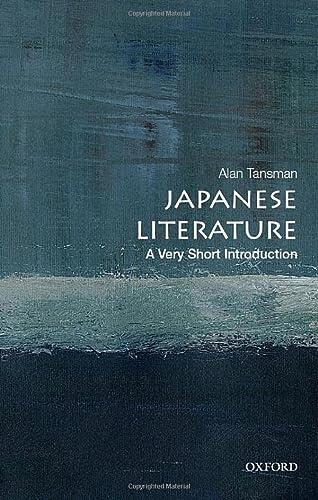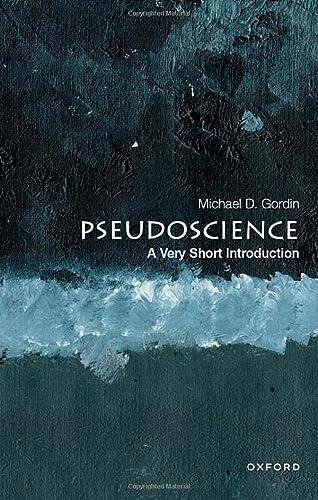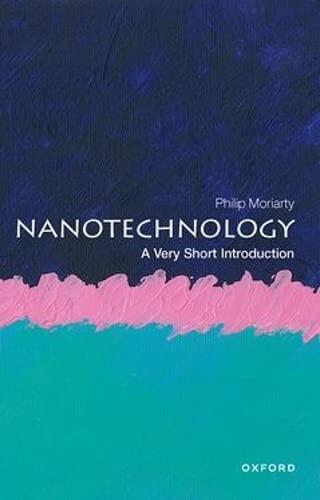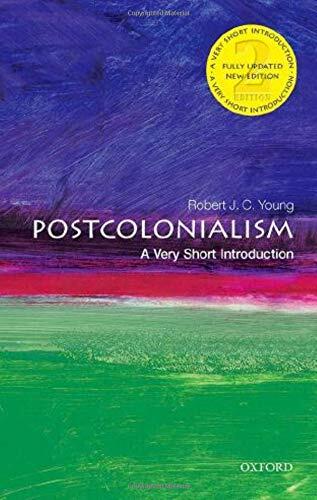
Postcolonialism: A Very Short Introduction
Inga betyg ännu
Science & Technology
History
Philosophy
Format
Pocketbok
Sidor
200
Språk
Engelska
Publicerad
Jan 2, 2021
Förlag
Oxford University Press
Utgåva
2
ISBN-10
0198856830
ISBN-13
9780198856832
Beskrivning
In an era marked by global interconnectedness, Robert J. C. Young dives into the complex landscape of postcolonialism and the critical examination of Western perspectives. Highlighting the powerful narratives that have emerged since the 1960s, he sheds light on the struggles faced by formerly colonized nations as they seek to define their own identities outside of Western influence.
Young's exploration goes beyond mere historical accounts, delving into the intellectual frameworks that have been developed in response to colonial legacies. He examines how various cultures have grappled with their colonial pasts and how these experiences shape contemporary social and political discourses. By engaging with seminal thinkers and movements, he provides readers with a nuanced understanding of postcolonial theory.
Through concise yet impactful insights, the discussion opens up vital questions about power, representation, and justice in a world still marked by colonial histories. This rich examination invites readers to reconsider cultural narratives and recognizes the voices that rise from the margins of mainstream discourse.
Ultimately, this work serves as an accessible gateway into the complexities of postcolonial thought, encouraging a deeper reflection on the lasting impact of colonialism and the ongoing quest for autonomy and self-definition across the globe.
Young's exploration goes beyond mere historical accounts, delving into the intellectual frameworks that have been developed in response to colonial legacies. He examines how various cultures have grappled with their colonial pasts and how these experiences shape contemporary social and political discourses. By engaging with seminal thinkers and movements, he provides readers with a nuanced understanding of postcolonial theory.
Through concise yet impactful insights, the discussion opens up vital questions about power, representation, and justice in a world still marked by colonial histories. This rich examination invites readers to reconsider cultural narratives and recognizes the voices that rise from the margins of mainstream discourse.
Ultimately, this work serves as an accessible gateway into the complexities of postcolonial thought, encouraging a deeper reflection on the lasting impact of colonialism and the ongoing quest for autonomy and self-definition across the globe.
Recensioner
Inga recensioner ännu
Bli den första att recensera denna bok och dela dina tankar
Lägg till första recensionenLäsdagbok
Inga läsloggar hittades
Börja spåra dina läsframsteg för att se loggar här
Lägg till din första läsloggAnteckningar
Inga anteckningar hittades
Börja skriva anteckningar för att se dem här
Lägg till din första anteckningTransaktionslogg
Inga transaktionsloggar hittades
Börja spåra dina boktransaktioner för att se loggar här
Lägg till din första transaktionslogg
